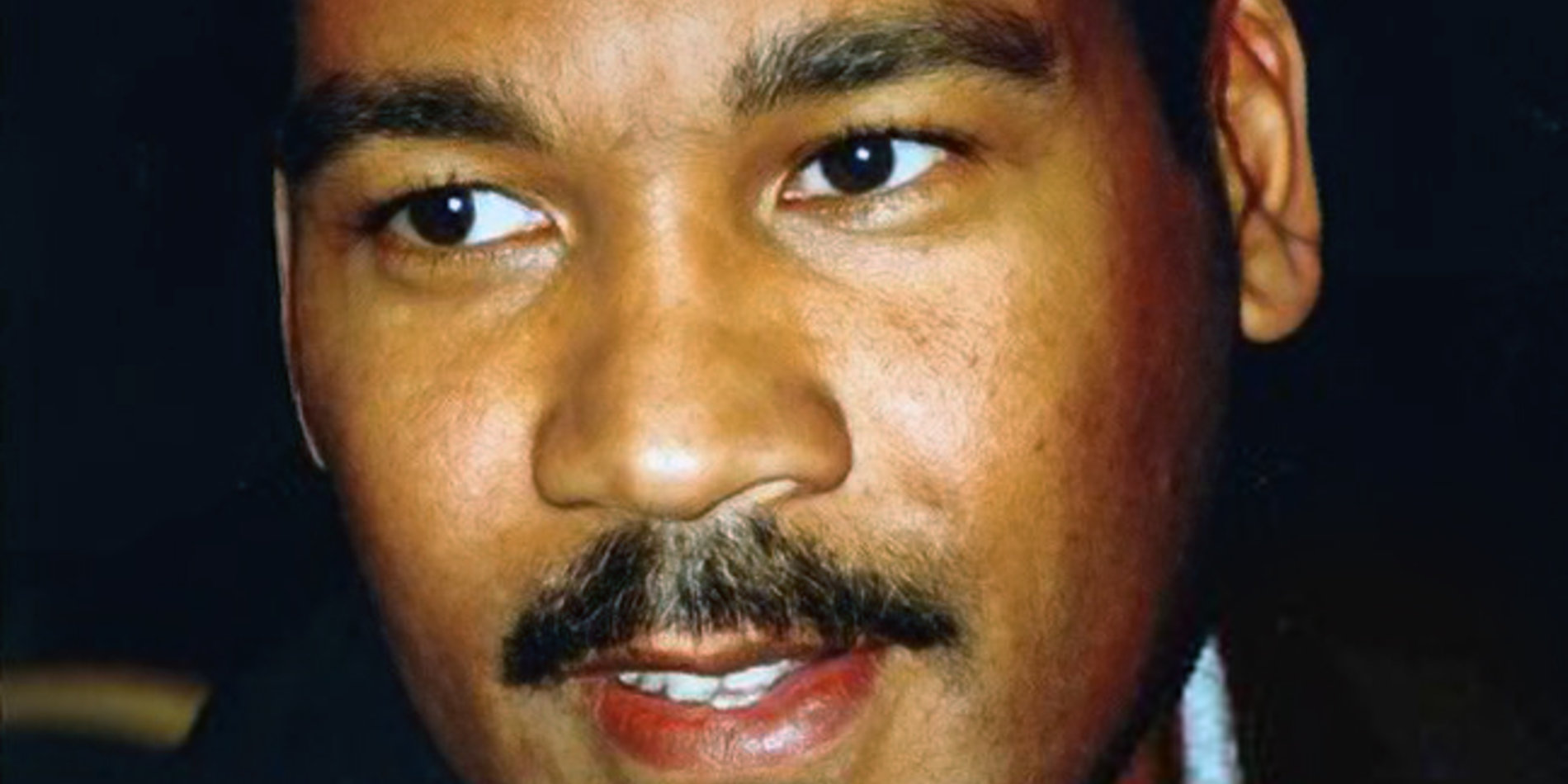Rev. Wyatt Tee Walker, Former SCLC Executive Director, Dies at Age 88
Reverend Wyatt Tee Walker passed away today at an assisted living facility in Chester, Virginia. Reverend Al Sharpton, confirming the news, called Walker “one of the greatest social justice and theological minds of our time.” He was “a true giant and irreplaceable leader.”
Born on 16 August 1929 in Brockton, Massachusetts, Walker was the tenth of eleven children of Reverend John Wise and Maude Pinn Walker. When Walker was a child, the family moved to Merchantville, New Jersey, where his father struggled to support the family on his meager preaching income. At an early age, Walker showed signs of civil rights activism; he and his sisters desegregated the local theater during a showing of the 1941 film The Great Lie.
Walker attended Virginia Union University (VUU) and in 1950, graduated Magna Cum Laude with a BS in both chemistry and physics. On Christmas Eve of that year, he married Theresa Edwards, with whom he had three sons, Wyatt, Jr., Robert, and Earl, and a daughter, Ann Patrice. Walker continued his studies at VUU, enrolling in the Graduate School of Religion and earning his BD in 1953.
Walker preached at Gillfield Baptist Church in Petersburg, Virginia, for seven years before joining the Southern Christian Leadership Conference (SCLC) as executive director in 1960. During his tenure at Gillfield, he served as president of the local branch of the National Association for the Advancement of Colored People and state director of the Congress of Racial Equality. He helped found the Virginia Council on Human Relations, led the Petersburg Improvement Association, and organized protests in support of school integration. His civil disobedience resulted in numerous arrests, and his “sincerity of purpose, general creativity, radiating personality, and willingness to stick with a job until it is finished” earned him notice (King to Walker, 5 March 1960).
As SCLC’s executive director, Walker exercised his tactical skills and brought order to its fundraising, staff, and protest efforts. In 1963, he helped plan the organization’s massive campaign in Birmingham and circulated Martin Luther King, Jr.’s “Letter from Birmingham Jail.” His work that spring helped fulfill King’s hope upon hiring Walker: that he would “bring into full grown maturity an organization that is presently a sleeping giant” (King to Walker, 5 March 1960). Indeed, an Alabama Legislative Commission to Preserve the Peace report the following year deemed Walker “the real leader of the Negro movement.”
Walker’s heavy-handed leadership style caused tension with staff members and contributed to his resignation from SCLC in 1964. He went on to work at the Negro Heritage Library, chaired the National Action Network and Freedom National Bank, earned a doctorate in African-American studies from Colgate Rochester Crozer Divinity School in 1975, and served as pastor of New York’s Canaan Baptist Church of Christ for thirty-seven years. After a series of strokes, he retired from the pulpit in 2004 and relocated to Virginia to be closer to family.
In addition to being a lifelong civil rights activist, Walker was an accomplished composer, author, and photographer. He and King stayed in contact; at Walker’s installation service at Canaan Baptist Church, King praised Walker as “a tall man, tall in stature, tall in courage” (King, 24 March 1968). As Reverend Jesse Jackson, Sr., commented today, “One of the tallest trees of the civil rights movement has fallen.”
